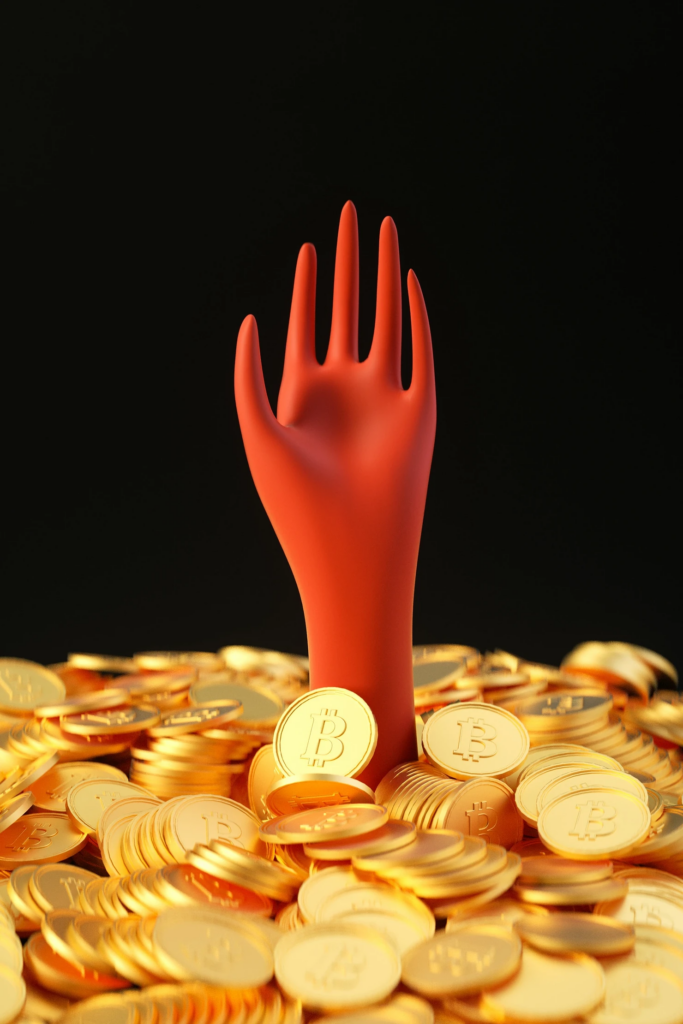Greed

The Intriguing Relationship Between Greed and Psychoanalysis
Understanding Greed from a Psychoanalytical Perspective
Greed is a complex and deeply rooted human emotion that has intrigued psychoanalysts for decades. Psychoanalysis delves into the depths of the human psyche to unravel the intricate web of desires and motivations that drive our behaviors, including greed. From a psychoanalytical standpoint, greed can be viewed as a manifestation of unresolved conflicts and unmet needs within the unconscious mind. It often stems from a sense of inadequacy or a fear of scarcity, driving individuals to relentlessly pursue material wealth and possessions in an attempt to fill an internal void.
Unraveling the Layers of Greed
At its core, greed can be likened to a bottomless pit, where the more one acquires, the greater the hunger for more becomes. This insatiable appetite for accumulation can be linked to deeper psychological constructs, such as feelings of insecurity, low self-worth, or unresolved childhood experiences. From a psychoanalytical perspective, greed serves as a coping mechanism, shielding individuals from confronting their inner turmoil by fixating on material acquisition as a means of validation and temporary fulfillment.
The Interplay Between Greed and the Unconscious Mind
Psychoanalysis sheds light on the unconscious forces that underpin the outward expression of greed. Sigmund Freud, the pioneer of psychoanalysis, proposed that the human psyche consists of three components: the id, ego, and superego. Greed, in this context, is often a product of the id – the primal, instinctual part of the psyche driven by the pleasure principle. It operates on the basis of immediate gratification and seeks to fulfill desires without consideration for external norms or moral constraints.
Shifting the Focus: From Greed to Self-Exploration
Psychoanalysis offers individuals an opportunity to delve into the depths of their inner world and confront the underlying causes of greed. By unraveling the intricate layers of the unconscious mind, individuals can gain insight into the emotional wounds and unresolved conflicts that fuel their insatiable desires. Through self-exploration and introspection, psychoanalysis aims to facilitate healing and transformation, enabling individuals to break free from the grip of greed and find fulfillment through emotional and psychological growth.
In conclusion, the relationship between greed and psychoanalysis unveils the profound complexities that underlie human behavior. By delving into the depths of the unconscious mind, psychoanalysis provides a unique lens through which to understand the underlying psychological dynamics that drive greed. Through self-exploration and the unraveling of unconscious motives, individuals can transcend the grip of greed and embark on a journey towards inner wholeness and emotional fulfillment.
